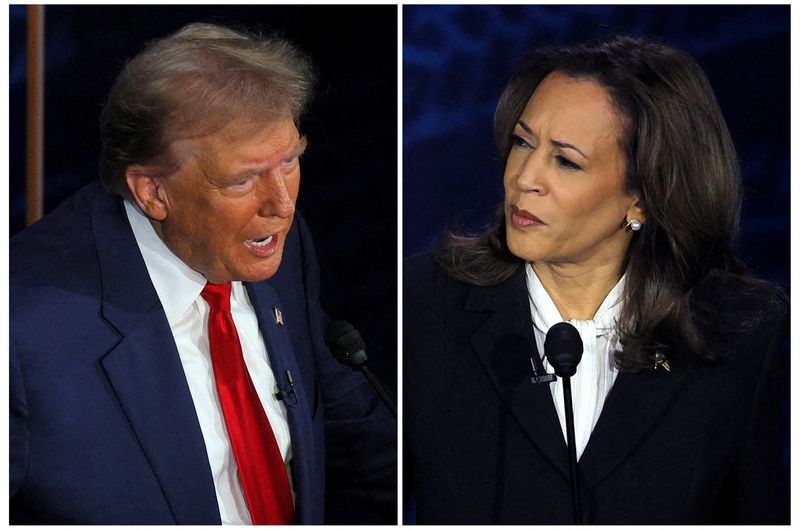
Vice President Kamala Harris’s recent debate performance was viewed as a significant success, particularly in swaying undecided voters, though it did not make her the clear frontrunner.
The strategists suggest her debate showing was no more pivotal to the race’s outcome than the assassination attempt on Donald Trump. However, Harris has managed to unite the Democratic Party and bolster her standing as a credible presidential contender.
“She was able to deftly bait Trump during the debate, but she still has a lot of work to do to secure her base,” strategists noted.
“In particular, Harris needs support from black men and from Silicon Valley, which are falling short of where they need to be. Converting undecided voters remains a key challenge for Harris.”
JPMorgan categorizes undecided persuadable voters into two groups: unlikely voters, who are not expected to vote regardless of campaign efforts, and “feel voters,” who prioritize emotional connections over policy issues. While Harris’s debate performance impressed political commentators, it’s still unclear whether undecided “feel voters” were equally convinced.
There is also uncertainty surrounding a second debate, strategists said, as Trump has refused to participate. Some commentators see limited benefit and potential risks for Harris in returning to the debate stage.
While the consensus expects a divided Congress, there is less certainty about the House outcome compared to the Senate.
House Democrats are leading in fundraising and need to flip only four seats. Opinions vary on the impact of the presidential race on state elections, with some arguing for Harris’s down-ballot appeal, particularly in New York and California, while others believe state races are insulated from national dynamics.
It is widely agreed that Senate seats in West Virginia and Montana are likely to flip Republican, JPMorgan said.
To read the full article, Click Here
